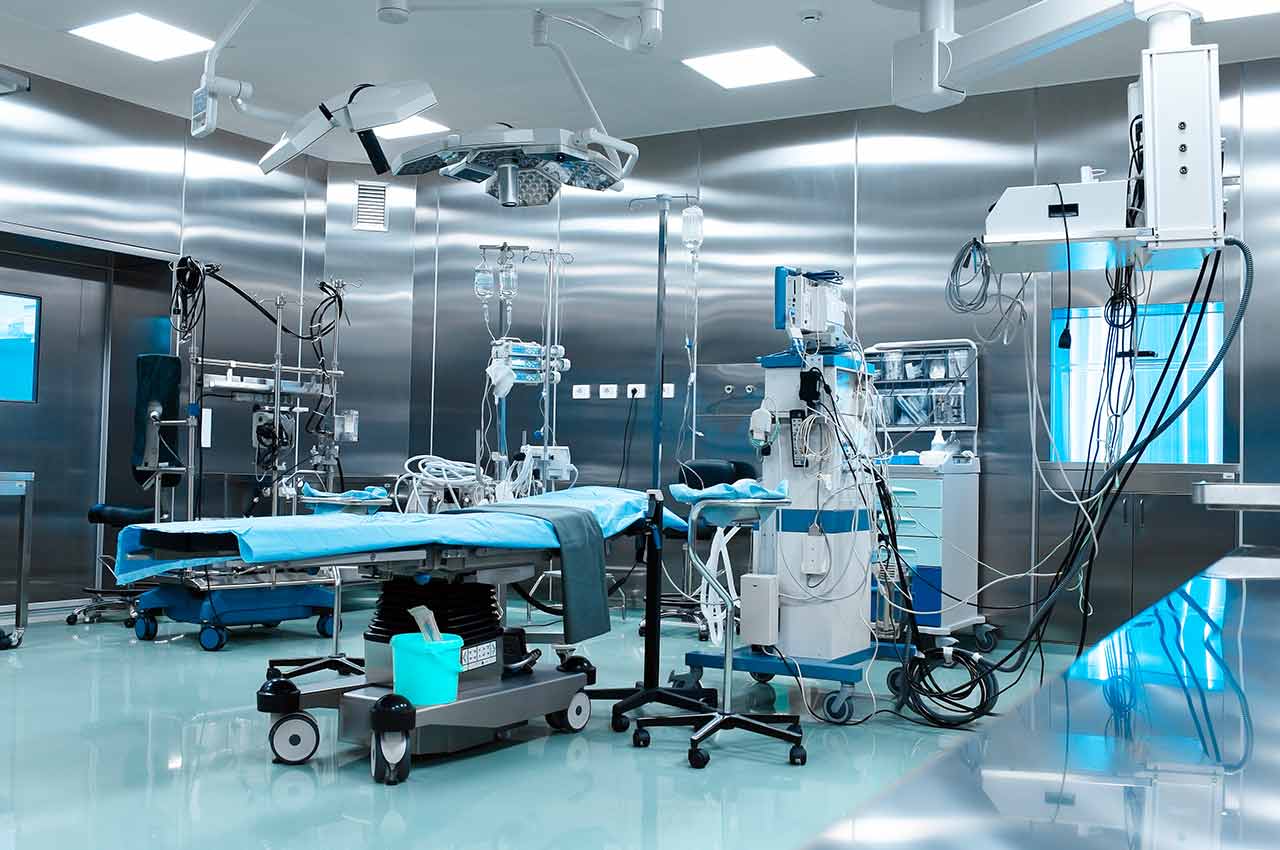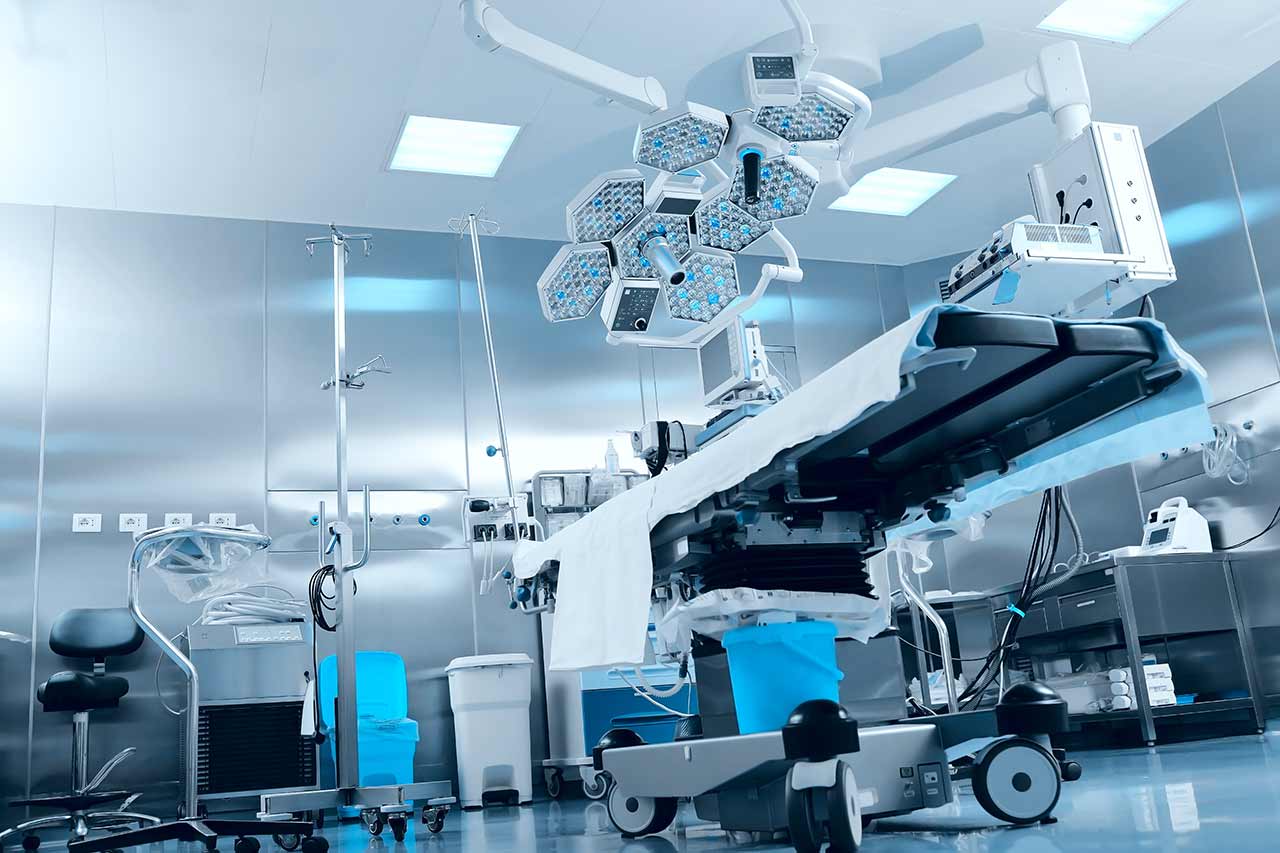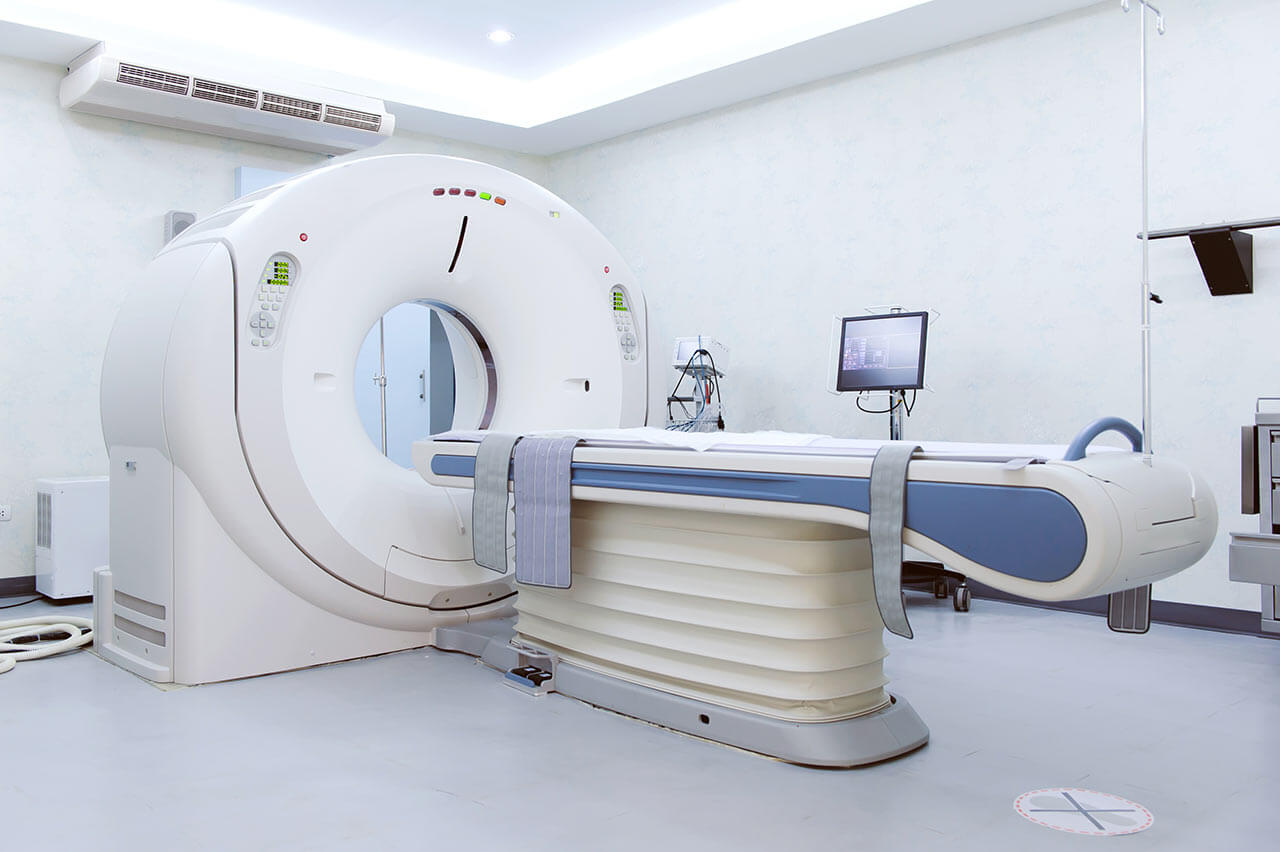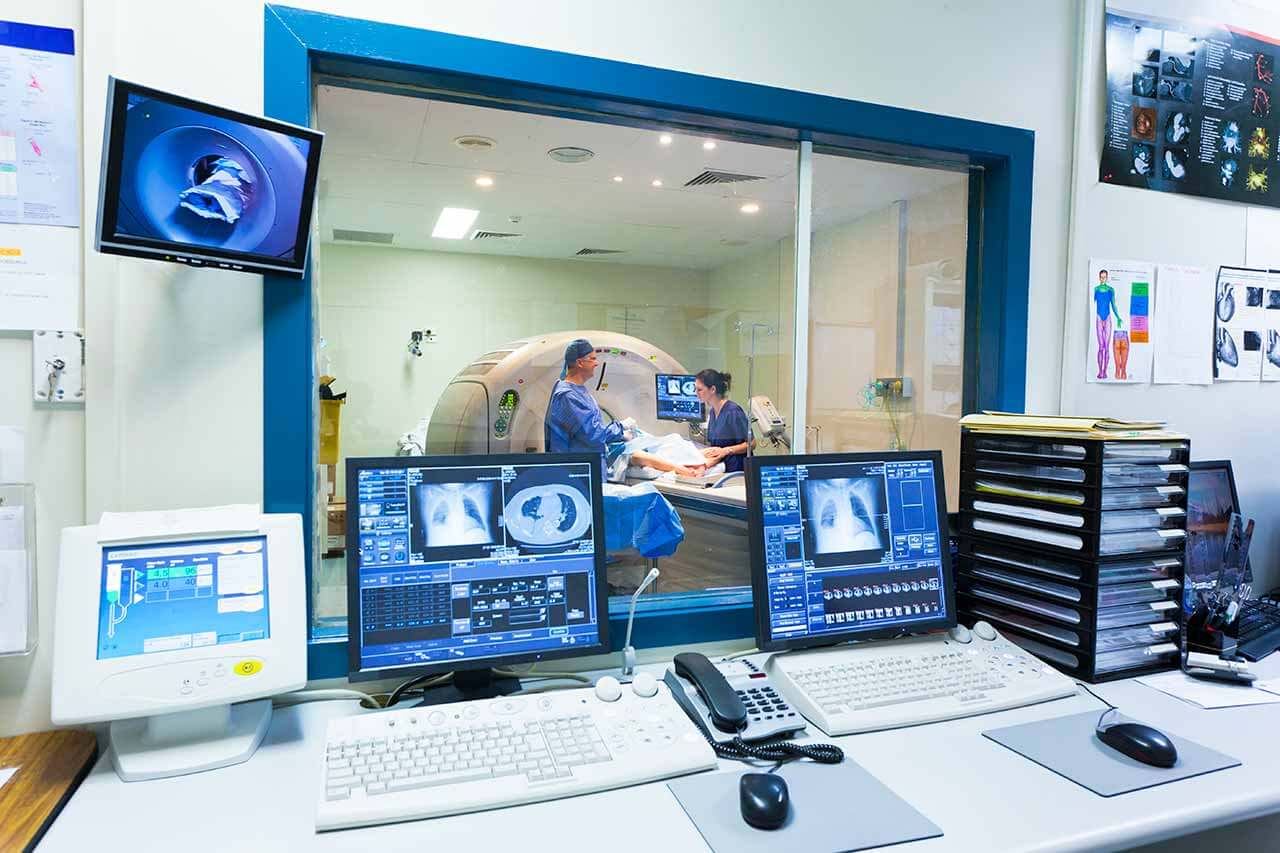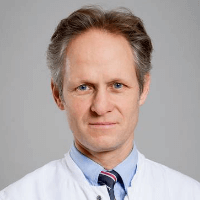
The program includes:
- Initial presentation in the clinic
- clinical history taking
- physical examination
- cardiological examination
- laboratory tests:
- complete blood count
- biochemical analysis of blood
- TSH-basal
- inflammation indicators
- indicators blood coagulation
- measurement of arterial blood pressure
- electrocardiogram
- Holter monitoring (24h)
- echocardiography
- transesophageal echocardiography
- preoperative care
- open cardiac ablation under 3-d mapping under anesthetic
- symptomatic treatment
- control examinations
- the cost of essential medicines and materials
- nursing services
- full hospital accommodation
- explanation of future recommendations
Required documents
- Medical records
- ECG (if available)
- Echocardiography (if available)
Service
You may also book:
 BookingHealth Price from:
BookingHealth Price from:
About the department
According to the Focus magazine, the Department of Cardiothoracic Surgery at the University Hospital Frankfurt am Main ranks among the top German medical institutions specializing in the surgical treatment of heart diseases!
The department offers the full range of first-class medical care for patients with diseases of the heart and thoracic organs that require surgical treatment. The availability in the department of advanced technical base allows for the most sparing treatment and minimally invasive surgery. The main focuses of clinical practice include coronary artery bypass grafting, modern procedures for heart valve reconstruction and replacement, treatment of diseases of the thoracic aorta, as well as treatment of heart failure by implanting an artificial heart. The Chief Physician of the department is Prof. Dr. med. Thomas Walther.
Interdisciplinary cooperation with the Departments of Cardiology, Anesthesiology, Intensive Care, Radiology, and others plays a key role in the successful work of the department. To guarantee patients optimal treatment results, due attention is also paid to the development of modern therapies in clinical and experimental research.
The range of the department’s medical services includes:
- Diagnostics and surgical treatment of coronary heart disease
- Coronary artery bypass grafting (classical method and minimally invasive surgery)
- Diagnostics and surgical treatment of valvular heart disease (aortic, mitral and tricuspid valves)
- Congenital heart valve diseases
- Degenerative diseases of the heart valves
- Calcification of the heart valves
- Inflammatory processes in the heart valves (endocarditis)
- Rheumatic heart valve lesions
- Secondary heart valve lesions
- Dilatation catheter techniques for heart valve stenosis
- Reconstructive interventions
- Heart valve replacement (mechanical, biological prostheses, homograft, pulmonary autografts (Ross procedure))
- Diagnostics and surgical treatment of aortic diseases
- Classic surgery
- Hybrid interventions
- Interventional procedures
- Diagnostics and surgical treatment of heart diseases in patients from high-risk groups
- Diagnostics and surgical treatment of heart failure
- Artificial heart implantation
- Diagnostics and surgical treatment of heart arrhythmias
- Implantation of pacemakers and defibrillators
- Cardiac resynchronization therapy
- Revision surgery after the implantation of pacemaker or defibrillator, including using an excimer laser
- Implantation of epicardial pacemakers
- Thoracic surgery
- Lung cancer
- Lung metastases
- Benign lung tumors
- Mediastinal tumors (for example, thymus tumors, swollen lymph nodes)
- Emphysema
- Pulmonary fibrosis
- Pneumothorax (lung collapse)
- Pleural tumors and inflammatory processes (pleural effusion, empyema, pleural mesothelioma, pleural carcinomatosis)
- Benign and malignant chest wall tumors
- Congenital malformations (for example, funnel chest)
- Minimally invasive surgery (video-assisted thoracoscopic surgery)
- Lung resection
- Surgical interventions with lung tissue preservation (helps to avoid total lung removal)
- Surgical removal of lung metastases
- Lung volume reduction in pulmonary emphysema (chronic obstructive pulmonary disease)
- Surgical interventions for infectious diseases
- Minimally invasive correction of funnel chest deformity
- Diagnostics and surgical treatment of other diseases of the heart, thoracic organs
Photo of the doctor: (c) Universitätsklinikum Frankfurt
About hospital
According to the reputable Focus magazine, the University Hospital Frankfurt am Main ranks among the top German medical facilities!
The hospital was founded in 1914 and today is a well-known German medical facility, which combines rich traditions and scientific innovations. A medical team of more than 6,500 employees cares about the health of patients around the clock, ensuring them with the highest standards of medical care and best possible safety.
The hospital has 32 specialized departments and more than 20 research institutes, which have all the necessary resources for the provision of the most effective care for any patient. The hospital has 1,488 beds for inpatient medical care. The medical facility diagnoses and treats more than 51,000 inpatients and about 44,800 outpatients every year. Due to the demonstration of outstanding treatment results, the number of patients seeking medical care here increases significantly annually.
The hospital presents all areas of modern medicine, whereas its special competence lies in neuroscience, oncology, cardiovascular medicine, cardiac surgery and other fields. Many treatment methods available here are unique not only in Europe, but also internationally.
Photo: (c) depositphotos
Accommodation in hospital
Patients rooms
The patients of the University Hospital Frankfurt am Main live in comfortable rooms made in modern design and meeting the highest standards of European medicine. Each room is equipped with an ensuite bathroom with a toilet and a shower. The standard room includes a comfortable, automatically adjustable bed, a bedside table, a wardrobe, a table and chairs for receiving visitors and a TV. If desired, patients can use Wi-Fi. The patients can also stay in the enhanced-comfort rooms.
Meals and Menus
The patient and his accompanying person have a daily choice of three menus. If for any reason you do not eat all the food, you will be offered an individual menu. Please inform the medical staff about your dietary preferences prior to the treatment.
Further details
Standard rooms include:
Religion
Religious services are available upon request.
Accompanying person
During the inpatient program, an accompanying person may stay with you in a patient room or in a hotel of your choice.
Hotel
During the outpatient program, you may stay in a hotel of your choice. Managers will help you choose the most suitable options.
